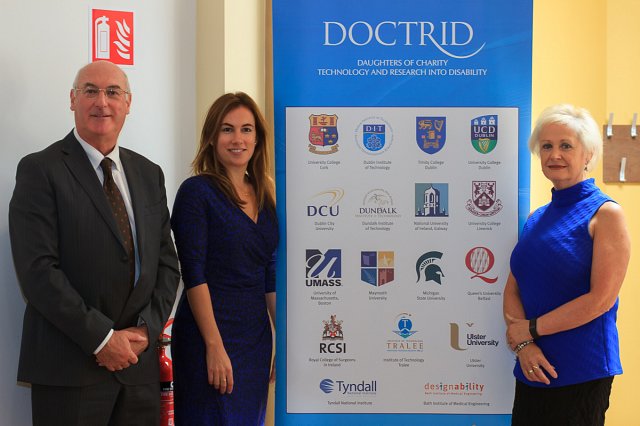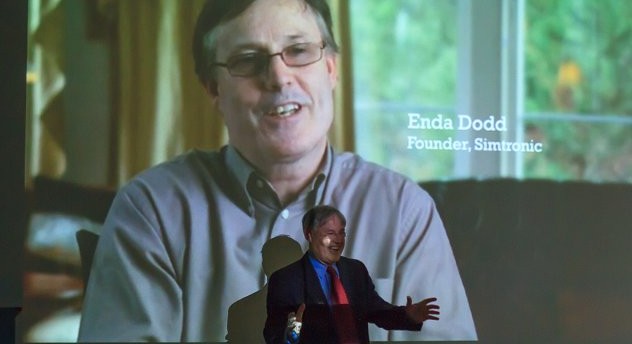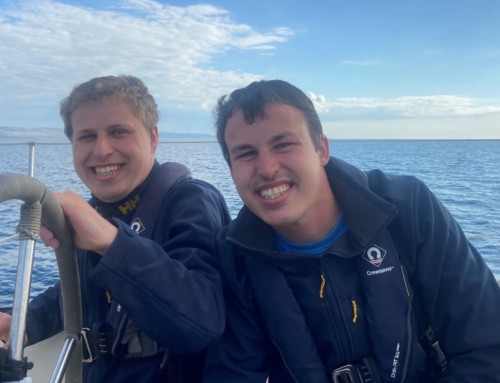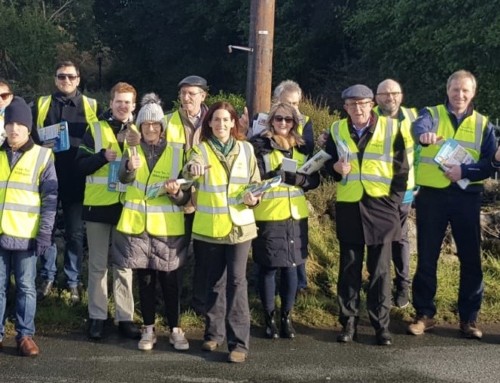ASSISTID Welcome Event
 A Welcome Event was held for the first cohort of ASSISTID Fellows at the Daughters of Charity campus at St Joseph’s Centre, Clonsilla. Sr Zoe Killeen, Director of RESPECT welcomed the Fellows and wished them well as they embarked on their research. The event was attended by academics from across the Irish universities, the CEO of the Daughters of Charity Disability Support Services (DoC Service) Mr Denis Cronin and other DoC staff plus representatives from disability organisations.
A Welcome Event was held for the first cohort of ASSISTID Fellows at the Daughters of Charity campus at St Joseph’s Centre, Clonsilla. Sr Zoe Killeen, Director of RESPECT welcomed the Fellows and wished them well as they embarked on their research. The event was attended by academics from across the Irish universities, the CEO of the Daughters of Charity Disability Support Services (DoC Service) Mr Denis Cronin and other DoC staff plus representatives from disability organisations.
Attendees were informed of the unique position which ASSISTID fills in disability research. To date there is very little investment in ID or ASD research, and in particular in Assistive Technologies (AT). ASSISTID researchers will tackle the grand challenges around AT-including evidence based research, usability, affordability and sustainability. Mr Denis Cronin, Dr Niamh Mulryan and Ms Stephanie Lynch from the DoC service spoke to the Fellows about the challenges and rewards involved with working with people with intellectual disabilities or autism spectrum disorder (PwID/ASD). In particular they highlighted those with more severe or complex disabilities as a group which is in need of interventions.
Mr Enda Dodd, CEO of Animated language Learning presented their unique language learning tool for children with severe language delays. This was a very personal story for Enda as he has 2 sons, Conor and Eoin who were born with severe disabilities and had no speech. Enda and his wife Val brought together a multinational team which includes Disney and Adobe to develop a tool to teach language and communication skills to children with challenges in this area. Find out more about Animated Language Learning intervention at www.animatedlanguagelearning.com
Finally, the ASSISTID Fellows introduced their projects by way of a 5 minute overview. It was clear from these presentations that the ASSISTID Fellows have the potential to make an impact and build the much needed evidence base to inform health and social services and policy makers. We look forward to benefitting from their expertise and hope that they will share their knowledge, raise awareness of AT for PwID/ASD and become the future leaders in ID and ASD research and service provision.







Leave A Comment